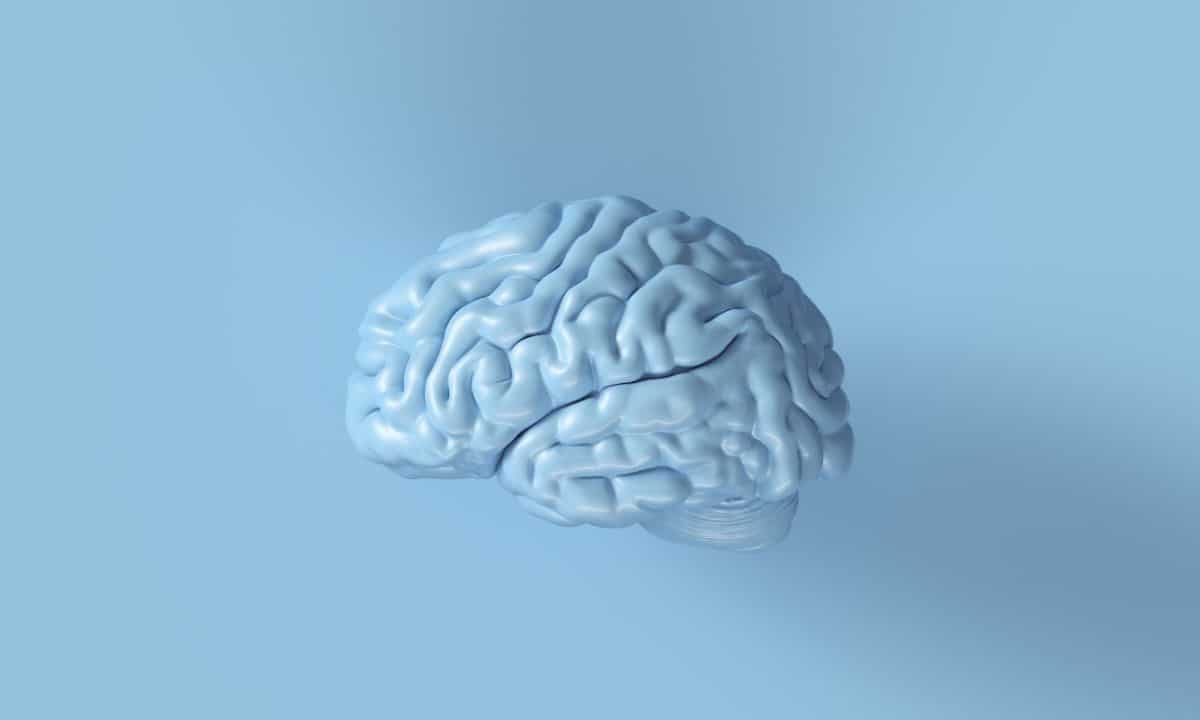When the brain is being stressed over and over consistently, the synapses in the brain break down and cause depressive symptoms. Ketamine was mainly used as an anesthetic by many medical professionals, until recent studies have found that ketamine therapy has worked to help people with resistant treatment mental illness, such as depression or PTSD.
A study led by Conor Liston, a neuroscientist, and psychiatrist at Weill Cornell Medicine, has confirmed that synapse growth is involved and reveals how ketamine activates changes in the brain circuit function, improving depressive symptoms in as little as three hours. As ketamine therapy continues, the drug triggers the regrowth of synapses in the brain. This study opens new channels and questions on how to sustain antidepressant effects long term (Makin, 2019).
According to Translational Psychiatry, “a journal about the translational pathway between research in neuroscience and conceptually novel treatments:”
Researchers revealed that repeated ketamine treatments, as compared to a single injection, provoked an enhanced global efficiency in the brain and reduced neural path length. In other words, repeated ketamine treatments increased the synapse growth globally within the brain, and the pathways for neurotransmitters to get from one part of the brain to another has developed a shorter route (Gass, Becker, Reinwald, Cosa-Linan, Sack, Weber-Fahr, Vollmayr, & Sartorius, 2020).
Ketamine works differently than other existing antidepressant medications. It works on glutamate, which is the most common chemical messenger or neurotransmitter in the brain. Other antidepressants tend to affect other neurotransmitters, such as serotonin, norepinephrine, and dopamine. Glutamate changes certain synapses involved in underlying learning and memory, which is why ketamine is suspected to have neuroplasticity. Neuroplasticity is defined as the brain’s ability to change through growth and reorganization.
Ketamine is not a cure. Courses of doses may wear off within weeks to months. This is why the evidence is based from Gass et. al (2020) regarding repeated maintenance treatment is crucial until more studies bring light to other questions respecting ketamine therapy and how to sustain long-term effects.
Ketamine Wellness Centers is always here to help you or your loved one in your time of need. Since 2011, we have been here to give people hope and help. Feel free to visit our webpage at ketaminewellnesscenters.com or give us a call at (855) KET-WELL and speak to a Patient Liaison today!





